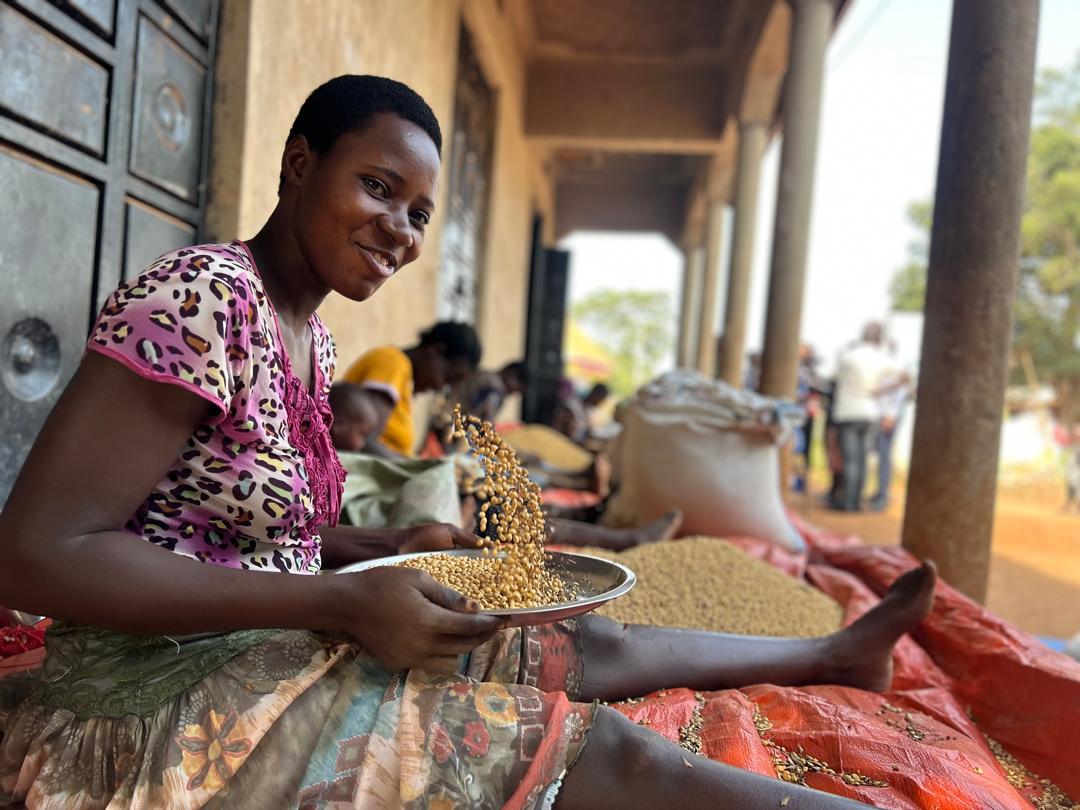Kampala, Uganda — The Women’s Probono Initiative (WPI) has launched a new Stakeholders’ Toolkit on Male Engagement in Sexual and Reproductive Health and Rights (SRHR), encouraging men to take a more active role in promoting gender equality and improving health outcomes across the country.
Speaking at the launch event in Kampala, WPI Executive Director Rose Wakikona emphasized that gender equality cannot be achieved by women alone.
“As mothers, wives, sisters, and daughters, women live with men every day. We cannot talk about equality without bringing men on board,” she said.
The launched toolkit offers practical guidance for policymakers, health workers, community leaders, and civil society organizations to involve men more meaningfully in family planning, parenting, and reproductive health decisions.
“Men should not just contribute financially, but also participate emotionally, physically, and intellectually in raising children and supporting their partners,” she noted.

Wakikona also warned against rising toxic masculinity and cultural pushback, where some men feel women are becoming “too empowered.” She clarified that involving men should not mean reversing women’s gains, but rather encouraging shared responsibility especially in decisions around sex, pregnancy, and parenting.
She added that “Men have sex. Men can get sexually transmitted infections. Men are fathers. SRHR is not just a women’s issue it affects everyone. We must stop acting like only women are responsible for reproductive outcomes.”
The toolkit also includes global best practices, a history of male engagement in SRHR, and key lessons on avoiding approaches that reinforce male dominance in the name of inclusion.
WPI hopes the resource will be widely used in schools, clinics, local governments, and homes to spark important conversations.

The toolkit comes at a time when the country continues to struggle with serious SRHR challenges. The fertility rate stands at 5.2 children per woman one of the highest in Sub-Saharan Africa and maternal mortality remains high at 189 deaths per 100,000 live births. Teenage pregnancy affects 25% of girls aged 15–19, with rising rates in urban areas. Meanwhile, sex-related crimes continue to increase, with over 14,800 cases reported in 2023.
Wakikona underscored the need for male involvement in all aspects of reproductive health from family planning and childbirth to child-rearing. “We cannot achieve gender equality if we leave men behind. This toolkit is our invitation for men to join the conversation not to reclaim power, but to build balanced, equitable partnerships.”


















